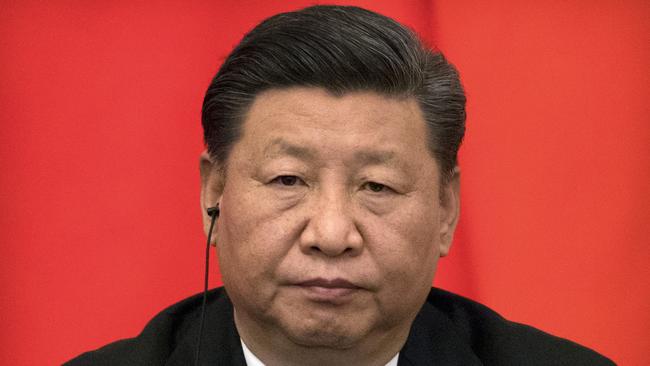Beijing’s pleas to overseas Chinese: be our ambassadors
Overseas Chinese have been urged to play a more active role in promoting ties between China and the countries they live in.

Overseas Chinese have been urged to play a more active role in promoting ties between China and the countries they live in.
In a speech in Hong Kong this week, reported in The South China Morning Post, Xu Yousheng, the deputy director of the Chinese government’s United Front Work Department, said overseas Chinese had a role to play in building trust between China and foreign governments.
He said he hoped overseas Chinese could be active promoters of Chinese government initiatives such as President Jingping Xi’s Belt and Road initiative.
Overseas Chinese, he said, “should strive to become active promoters of political trust and mutually beneficial relations between China and neighbouring countries”.
He said the Chinese government planned to strengthen cooperation between Beijing and overseas Chinese groups, particularly chambers of commerce.
His comments come as the Chinese Ministry of Foreign Affairs reacted angrily to Thursday’s decision by the federal government to effectively block Chinese telecoms giant Huawei from supplying equipment to Australia’s 5G network.
A spokesman for the ministry said the Chinese government was “gravely concerned” at the decision and called on Canberra not to put artificial obstacles between Chinese and Australian companies wanting to do business with each other.
Canberra also passed laws targeting foreign interference after concern in Australia and elsewhere about possible undue influence by foreign powers.
Mr Xu, who also heads the Overseas Chinese Affairs Office, said China’s Ministry of Commerce had developed a proposal “to co-operate with Chinese chambers of commerce and organisations in a few key belt and road countries so they can become service centres to supply Chinese enterprises with all round assistance”.
“We hope overseas Chinese can fully utilize the advantages of being familiar with China and the country they are in,” he said.
He said he expected the Chinese diaspora to be a bridge for companies from China that were expanding overseas as well as people who were involved in Chinese projects overseas.
About 60 million people born in mainland China live overseas.
The Overseas Chinese Affairs Office was placed under the supervision of the United Front Work Department in a reshuffle announced in March.
The department had its authority strengthened in the reshuffle, prompting criticism by Western governments about the use of “soft power” to promote China’s interests overseas.
Mr Xi once described it as a “magic weapon” for the party to project its influence overseas.
The US recently closed down Beijing-run Confucius Institutes. Washington accused the organisations, which promote Chinese language and culture, of having more political motives.



